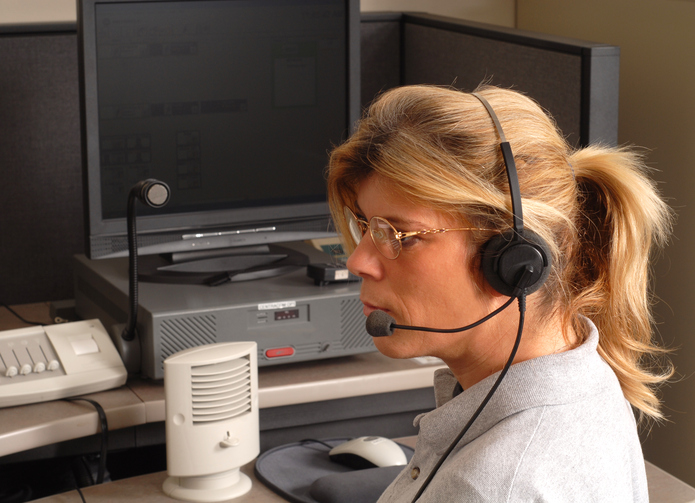
The role of a dispatcher is a crucial one in today’s transportation operations industry. Dispatchers work at the nerve centre of the industry, ensuring that drivers are efficiently engaged in hauling loads and cargo, while staying on top of scheduled delivery times. A lot hinges on the relationship between a dispatcher and the fleet of drivers he or she oversees. By cultivating certain communication strategies, aspiring dispatchers can quickly become dependable and trusted professionals.
Tip 1: Remember Transportation Dispatch School: Keep Calm and Stay Courteous
This is a basic rule that dispatchers should observe at all times. Working in this role and communicating with a team of drivers, each with his or her unique situation and pressures, will inevitably result in some stressful situations. The golden rule is that panicking in the dispatch chair should be avoided. Even if a situation requires some time or consultation to work out, retaining a steady tone, professional language and developing an “unflappable” attitude will both inspire confidence amongst your colleagues and allow you to concentrate on solving problems.
Tip 2: Use Industry Lingo, Rapidly Delivered
In the sometimes hectic world of transport operations, achieving the most efficient performance as a dispatcher can be like solving a puzzle on a daily basis. Speed in communication becomes a valuable asset when the pressure is on. As graduates of transportation dispatch school know, understanding industry vocabulary and ensuring that messaging is both concise and clear in terms of instructions is a vital part of this. Drivers, expectant clients, and management will appreciate prompt communication when the heat is on. Cutting out unnecessary calls and chatter, knowing your terminology, and speaking clearly are all part of this approach.

Tip 3: Dispatcher Training Never Ends: Learn From Mistakes
Even as a graduate of a transportation operations program, you will inevitably make some mistakes from time to time. The key lesson to take is to learn from these incidents. If, for example, you mistakenly dispatch a driver to the wrong location, take the time, at the end of your shift or at another opportune point, to understand how this happened. How did this error come about? By revisiting errors and consulting with supervisors and more experienced staff, you will be able to more keenly hone your communication skills and prevent these incidents from happening again.
Tip 4: Put Yourself in Your Driver’s Shoes to Better Understand Their Needs
As a dispatcher, it’s not necessary for you to have an intimate knowledge of the practicalities of driving a delivery vehicle. This is largely in the drivers’ realm. However, by taking advantage of any opportunity that your employment offers to connect with drivers, you’ll get a driver’s eye view of the world.
Any chance to meet and converse with drivers is an opportunity to learn more about the requirements and pressures of their job. These on-the-ground insights can be invaluable as you craft your communication style, and learn to better connect with the drivers you work with.
Tip 5: Build a Relationship with Colleagues as Time Allows
The busy environment of a dispatch centre means that it can be difficult to build a rapport with a fleet, especially if drivers come and go at a regular rate, or are only temporarily involved with your dispatching.
However, by reaching out to colleagues, and taking any opportunities for getting to know each other, a better relationship can be built. If possible, switching to a colleague’s preferred official language can be a fantastic way to bridge the gap. In addition, by using humour and cordiality, you’ll be able to build a more trusting relationship, which can in turn help you excel throughout your career.
Are you looking for a fast-paced career in transportation dispatching?
Contact us at the Automotive Training Centre to learn how you can enroll in dispatcher training in Montreal.

